|
November 9, 2021
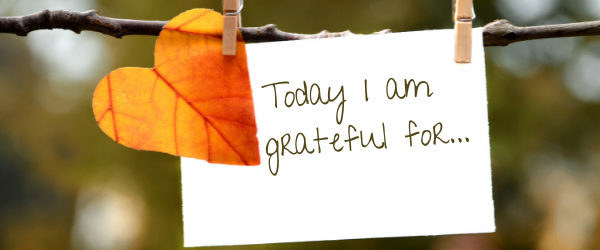
Let Your Gratefulness Overflow
“Cultivate the habit of being grateful for every good thing that comes to you, and to give thanks continuously. And because all things have contributed to your advancement, you should include all things in your gratitude.”
—Ralph Waldo Emerson
The word gratitude comes from the Latin root gratus, meaning “pleasing, welcome, agreeable.” Gratus is also the root of related terms signifying positive moods like grace, gratuity and gratis.
When you feel gratitude, you’re pleased by what someone did for you and pleased with the results. We express our gratitude by saying “thank you” to someone who has helped us or given us a gift. But it is not just an action, it is also a positive emotion that enhances and serves a biological purpose. Gratitude therefore can be thought of as a foundational human emotion.
Why is gratitude so important? Research in positive psychology has found neurological and biological reasons why so many can benefit from a practice of expressing thanks for our lives even in challenging times.
According to Dr. Robert Emmons, the feeling of gratitude involves two stages.
-
The acknowledgment of goodness in one’s life. We acknowledge that we have received something, and it gratifies us, both the effort by the giver and the actual gift itself. We are affirming that life is good and has good elements in it.
-
Recognizing that some of this goodness lies outside of ourselves is another part of feeling gratitude. We recognize the goodness in our lives and who to acknowledge for it.
Those who are high in the characteristic of gratitude are better able to form new social relations or to strengthen current ones. They know acts of gratitude can be used to apologize and make restitution and help solve all kinds of problems.
Gratitude is a selfless act in that it is done unconditionally to show people they are appreciated. It is the “gift that is freely given.” Isn’t that a beautiful thing to give?
Dr. Robert Emmons has authored several papers on gratitude showing that being more grateful can lead to increased levels of well-being (Emmons & Crumpler, 2000). Here is an overview of recent psychological findings related to the study of gratitude.
Enhanced Well-Being
Grateful people are more agreeable, open, and less neurotic. Also, gratitude is related inversely to depression, so a gratitude practice as part of depression treatment is an integral piece.
Stronger Relationships
Gratitude can be a powerful tool for strengthening relationships because those who practice gratitude tend to be more forgiving and less selfish. When you give thanks to those who have helped you, it deepens the relationship and the connectedness.
Improved Optimism
People who were part of a study were asked to practice gratitude and at the end of ten weeks were shown to have more optimism in many areas of their lives including health and exercise. And when people are enthusiastic about their well-being, they may be more likely to embrace practices that support that healthier lifestyle.
Enhanced Happiness
Another study involved asking people to write and deliver a letter of gratitude to someone for whom they were appreciative. After doing this, their happiness levels were considerably affected even weeks later. The benefits to our happiness can make us want more of that, so we look for more people and situations we can express gratitude towards.
Improved Health Both Physically and Mentally
Research in 2015 on patients with heart failure who completed gratitude journals showed improved sleep, better moods, and reduced inflammation after only 8 weeks.
How to Apply to Your Life
As suggested on the Positive Psychology website, before you go to sleep, think of the positive things that happened during the day. Take a moment to do this every night. Perhaps consider keeping a Gratitude Journal and writing them down as well.
This can also frame the beginning of a day which can be especially helpful for those suffering from depression or anxiety. Before getting out of bed, consider three things – no matter how small – that you are grateful for. Even on a really hard day, make yourself do this, even if your internal voice is one of sarcasm.
Just three things! Such a small practice that can have amazing results.

Katherine Jahnke
ADHD Coach | Center For Living Well with ADHD, LLC
More about Katherine
Cool Resource
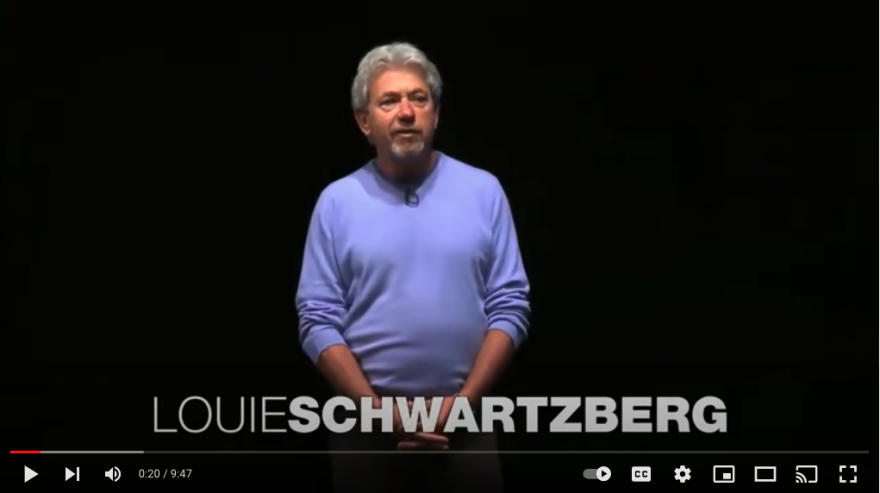
Did you know that 80% of the information we receive comes through our eyes? If you want to be inspired and feel like you are connected to a universe that celebrates life, watch this video of gratitude using gorgeous photographs of nature and how they can lead to feelings of gratitude and goodness. Louie Schwartzberg: Nature. Beauty. Gratitude. Happiness Revealed!
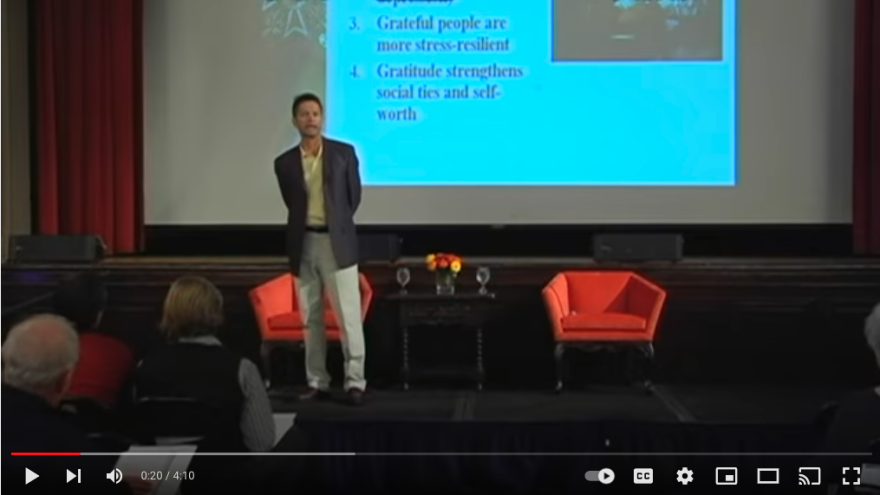
Why does Gratitude matter? Dr. Robert Emmons discusses why practicing gratitude has a transformative effect on our social and emotional well-being in this video — What Good is Gratitude?
Upcoming Events
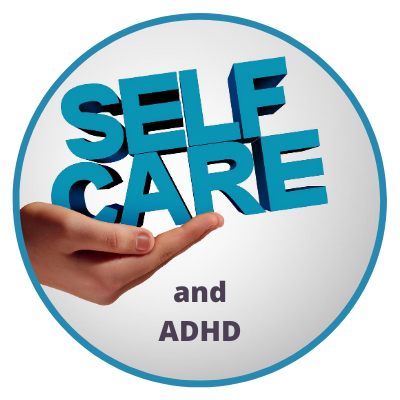 Self Care and ADHD: Life Hacks for Better Living Self Care and ADHD: Life Hacks for Better Living
Saturday, November 13, 2021
11:00 am Eastern | 10:00 am Central | 9:00 am Mountain | 8:00 am Pacific
Your self-care practices and lifestyle choices can help or hinder your experiences with ADHD. Explore their connection to ADHD and ways to support better brain health and minimize symptoms. Learn ideas and strategies to help you integrate more self-care and lifestyle choices into your day. During the workshop, you will survey your own needs and choose an area to focus on for the coach-supported seven-day challenge.
Click here to learn more and register for this Masterclass…
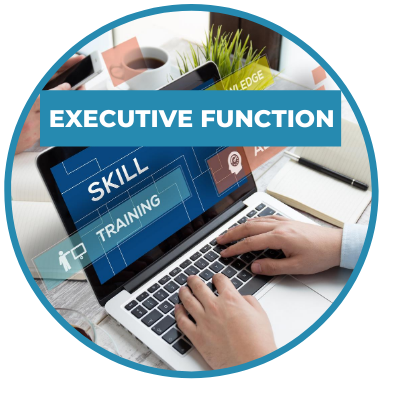 Executive Function and ADHD: Building Skills for Life Executive Function and ADHD: Building Skills for Life
Saturday, November 20, 2021
11:00 am Eastern | 10:00 am Central | 9:00 am Mountain | 8:00 am Pacific
With ADHD, our executive skills may not develop as quickly as our peers. Weaker executive function skills can contribute to ADHD-related challenges. In this class, we explore the connection between executive function skills and ADHD. You will take a baseline assessment to pinpoint which skills are your strength and which skills get in your way. Learn a proven framework for building on skills and strategies to support your success. Decide on your goal for the next seven days in our coach-supported challenge.
Click here to learn more and register for this Masterclass…
Meet Our Team

Learn More About Our Coaches & Schedule a Complimentary Get Acquainted Session
©2021 Center for Living Well with ADHD · All Rights Reserved
Visit Our Website
|